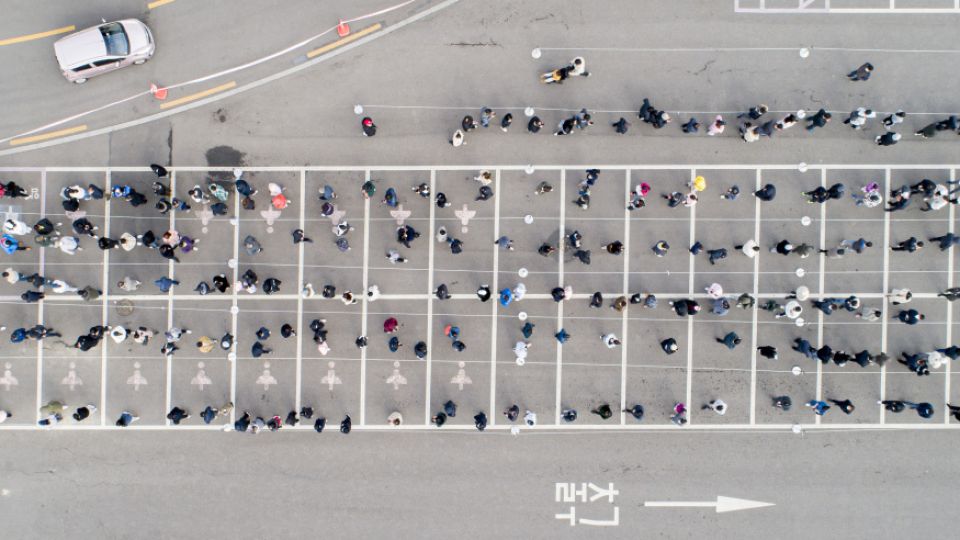March 21, 2022
SEOUL – As the highly transmissible omicron variant continues to surge, South Korea’s cumulative number of COVID-19 infections nears 10 million since the country reported its first confirmed case around 26 months ago.
According to the Korea Disease Control and Prevention Agency‘s report on Sunday, the country added 334,708 new COVID-19 cases during the 24 hours of Saturday.
The country’s total caseload neared 10 million at 9,373,646 as of midnight Saturday, accounting for some 20 percent of the country’s total population of 51 million.
South Korea’s total caseload remained below 1 million before the omicron variant became the dominant strain in the country in February this year.
On Feb. 2, the country’s health authorities reported that the country’s cumulative number of infections topped the 1 million mark for the first time since the country reported its first infection in January, 2020.
The cumulative number of COVID-19 cases, however, skyrocketed during February and March under the grip of the highly contagious omicron variant.
On Feb. 28, the country reported that its cumulative number of infections surpassed 3 million. The figure continued to increase throughout March to top 9 million as of midnight Friday.
Over the weekend, the number of daily COVID-19 infections decreased, slowing down increases in the total caseload. The daily tally reported on Sunday was below 400,000 for the second straight day, dropping down from the previous day’s 381,454 and 407,017 two days ago.
If the omicron wave continues to spread at the current pace, the total caseload will surpass the 10 million mark in around two days and possibly reach 12.7 million by the end of this month.
Although the country’s daily COVID-19 cases decreased over the past two days, it is still uncertain if the country’s daily infections will continue its downward trend throughout the next week, since daily cases tend to shrink over the weekend due to fewer tests.
Increases in the country’s total caseload can also speed up as the government has decided to ease social distancing rules.
Starting Monday, the government will increase the limit on private gatherings to eight people from the current six, while maintaining the 11 p.m. curfew on businesses.
The country’s health authorities expect the omicron wave to start receding starting on Wednesday. However, some experts argue that the omicron wave will not recede until at least 25 percent of the country‘s population, or 15 million people, become infected with the omicron variant. Their arguments are based on developments of the variant in other countries.
Meanwhile, the number of COVID-19 related deaths came to 327 during the 24 hours of Saturday, the second-highest following 429 reported on Thursday. The death toll reached 12,428, and the fatality rate stood at 0.13 percent.
The number of critically ill patients came to 1,033 during the same period, down from 1,049 a day earlier.


